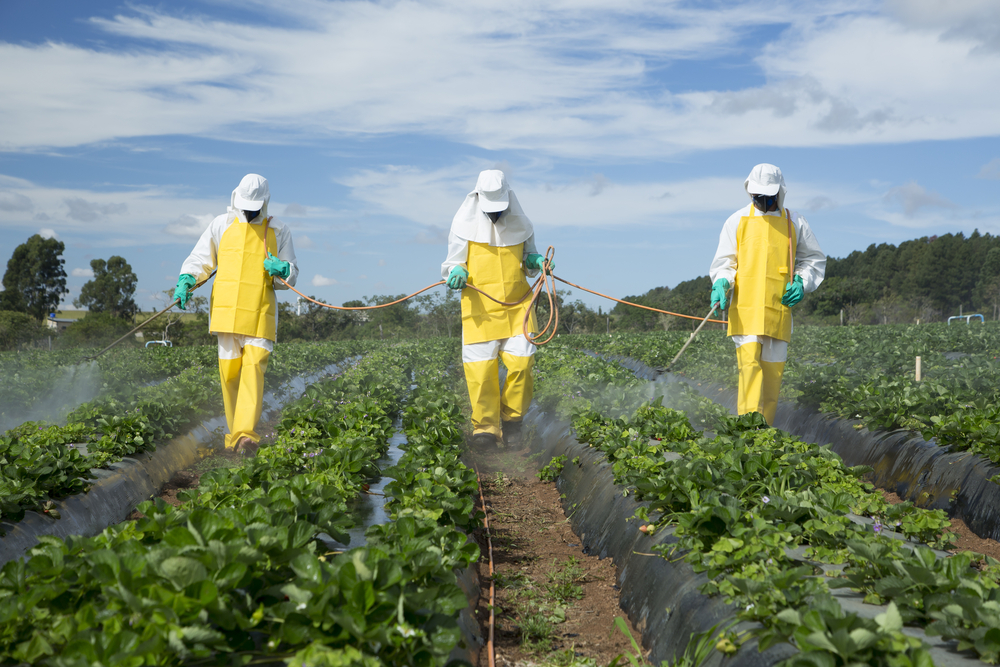Brazil is one of the world’s largest markets for pesticides, but never before has the country approved the use of so many substances as it has during the four years of President Jair Bolsonaro’s government. As many of the new substances are banned in the U.S. and European Union, the trend raises concerns about unchecked human health and environmental impacts for rural communities.
In 2021 alone, 500 active pesticides were approved for use in the country — 1.4 percent more than the previous year. Of those 500, 120 have been found to pose potential health risks to health and the environment, though health officials warn that many more cases could be unreported.
In 2019, during Mr. Bolsonaro’s first year in office, Agriculture Minister Tereza Cristina authorized the use of 152 new active pesticide substances, including fungicide mancozeb — mostly banned in Canada — and insecticides sulfoxaflor and chlorpyrifos, outlawed in the U.S. Most of the chemicals are imported from countries such as the U.S., Germany, and China, despite being banned for use in their nations of origin.
In Brazil, critics argue that multinational companies are taking advantage of lax regulations to profit from what is a massive pesticides market, without considering the potential effects of these substances on local populations. According to a report released in...


 Search
Search






































